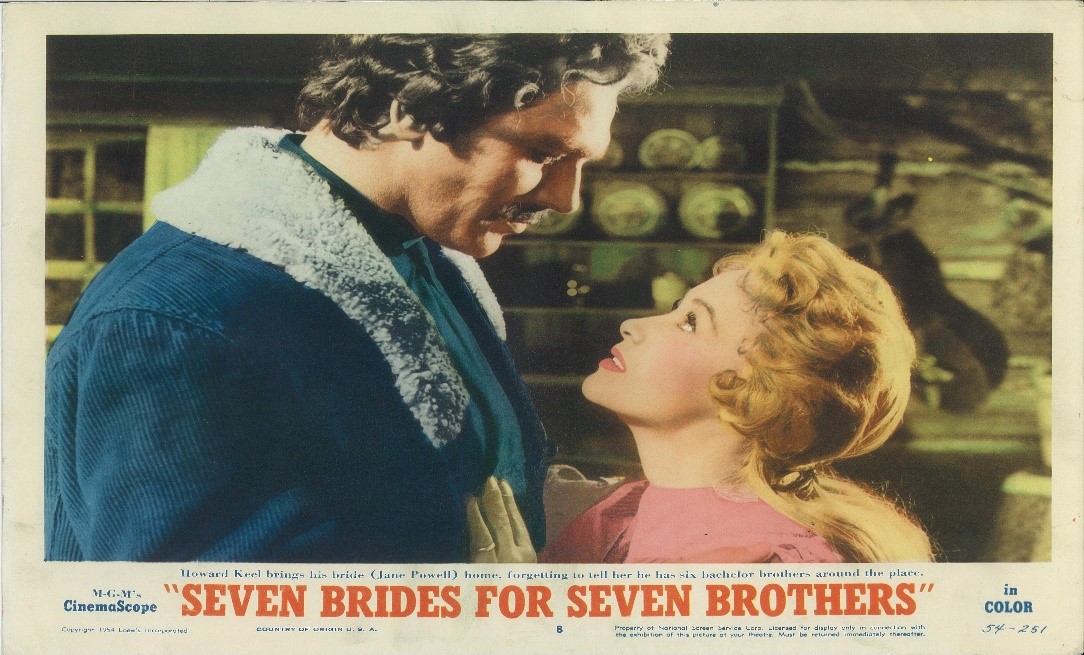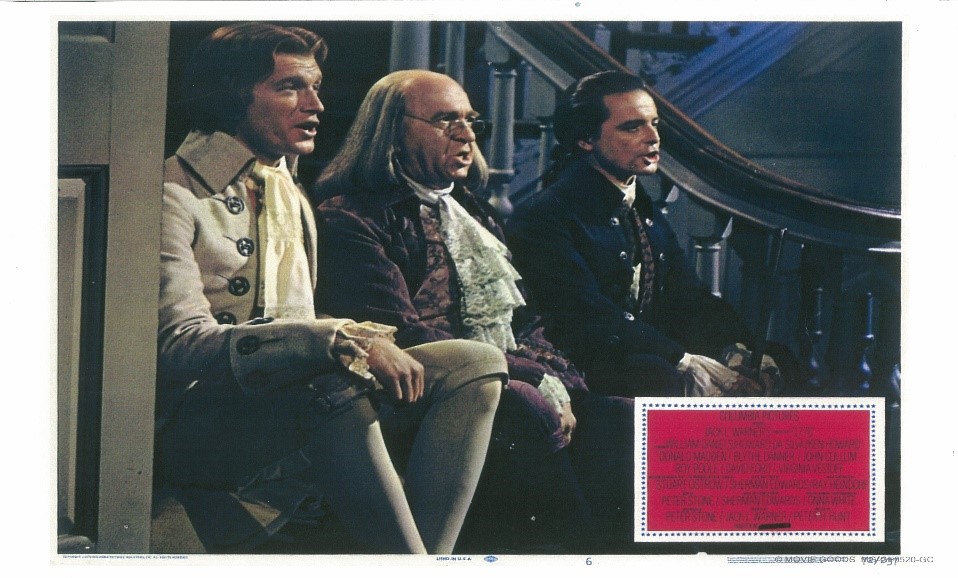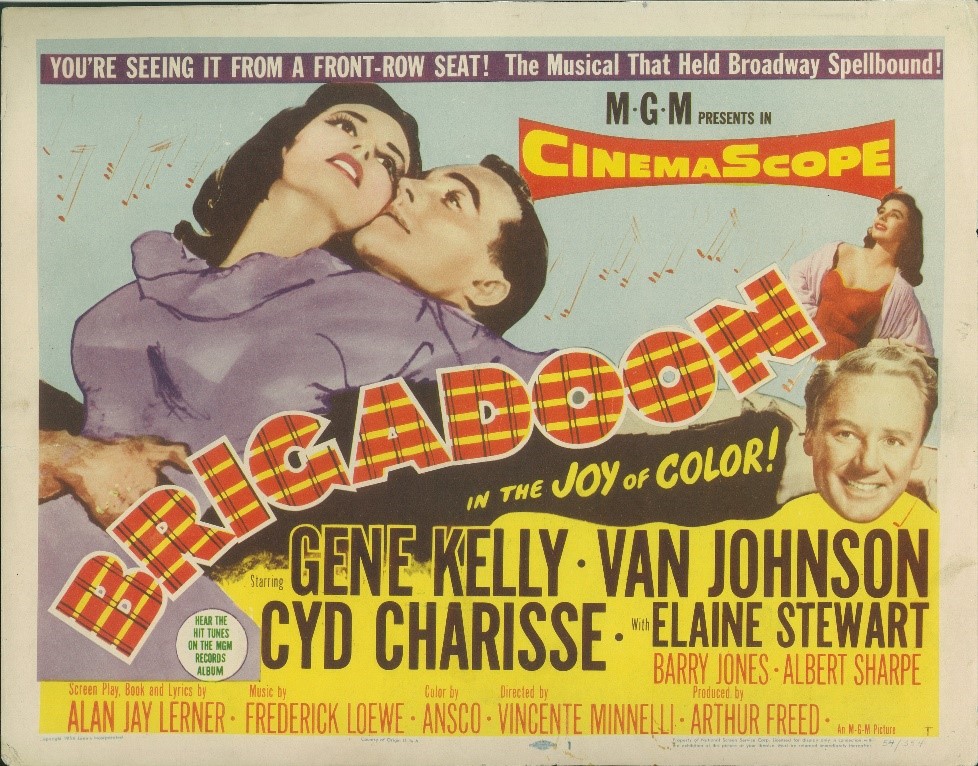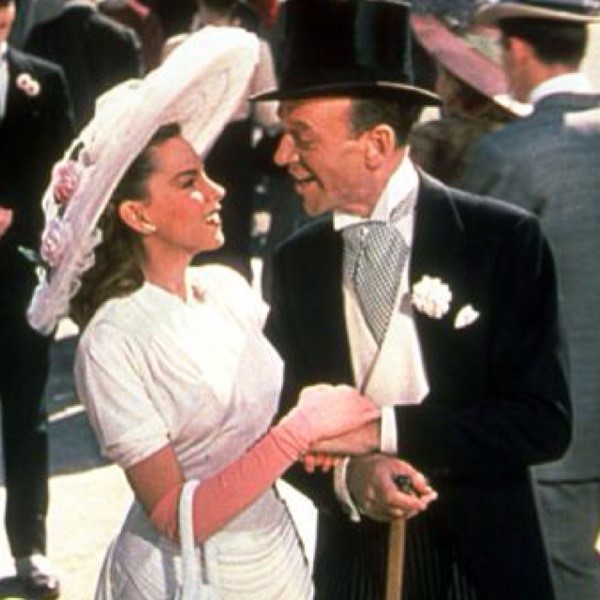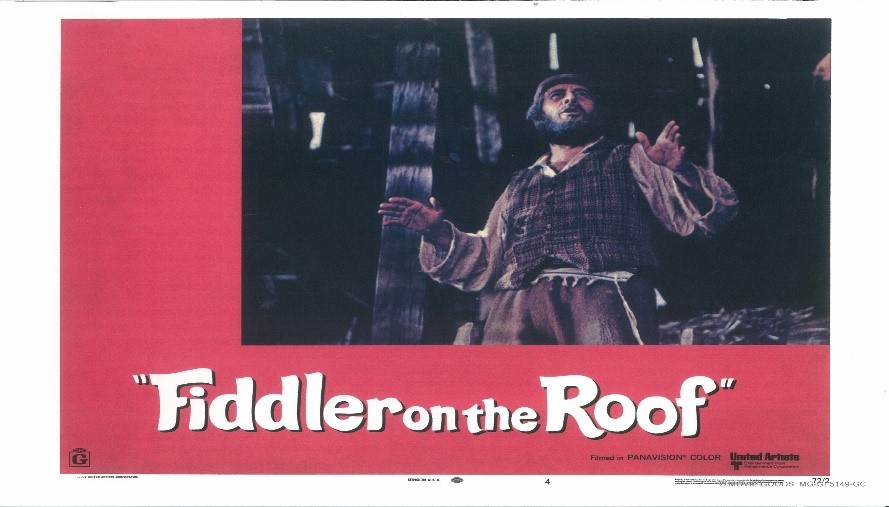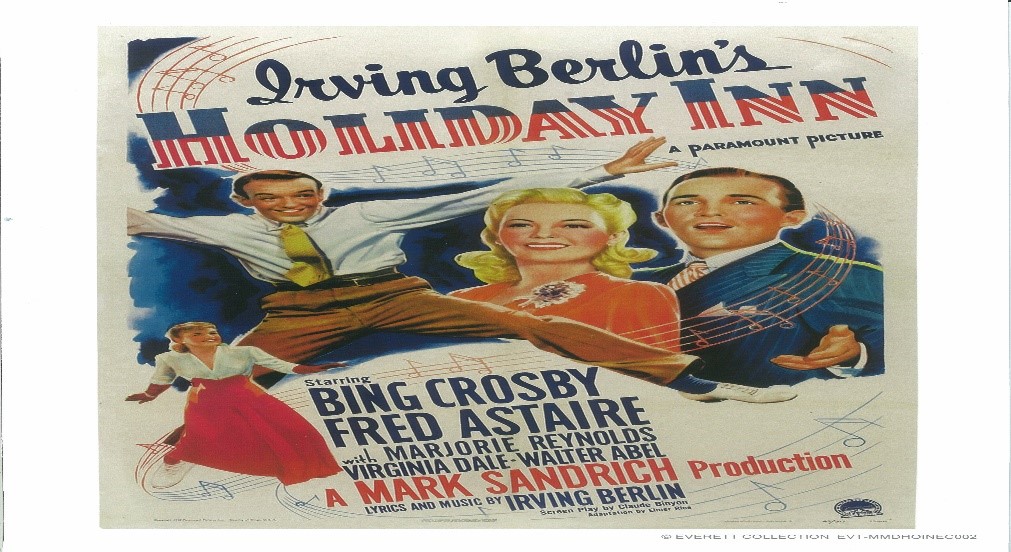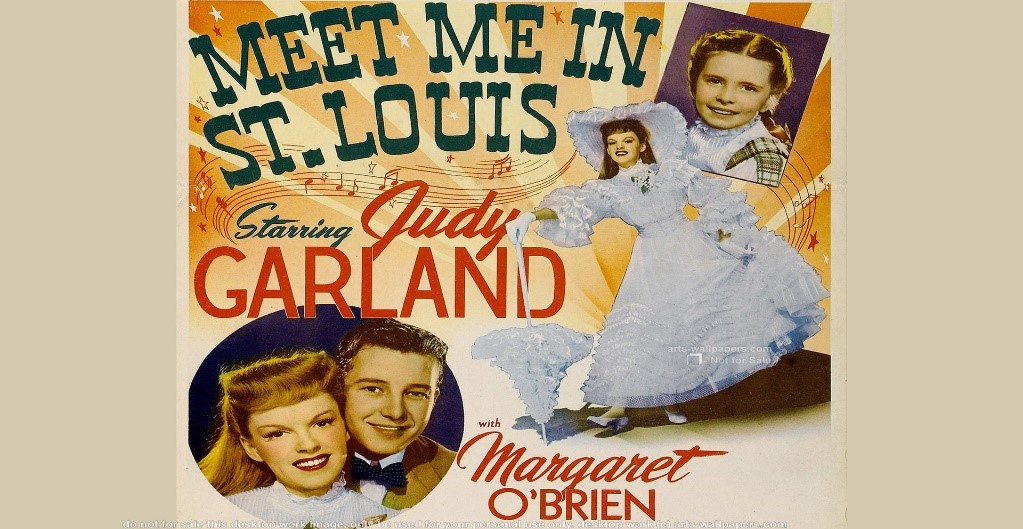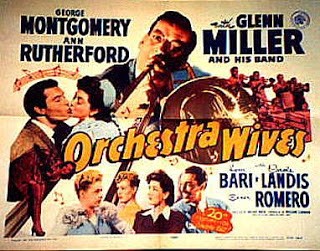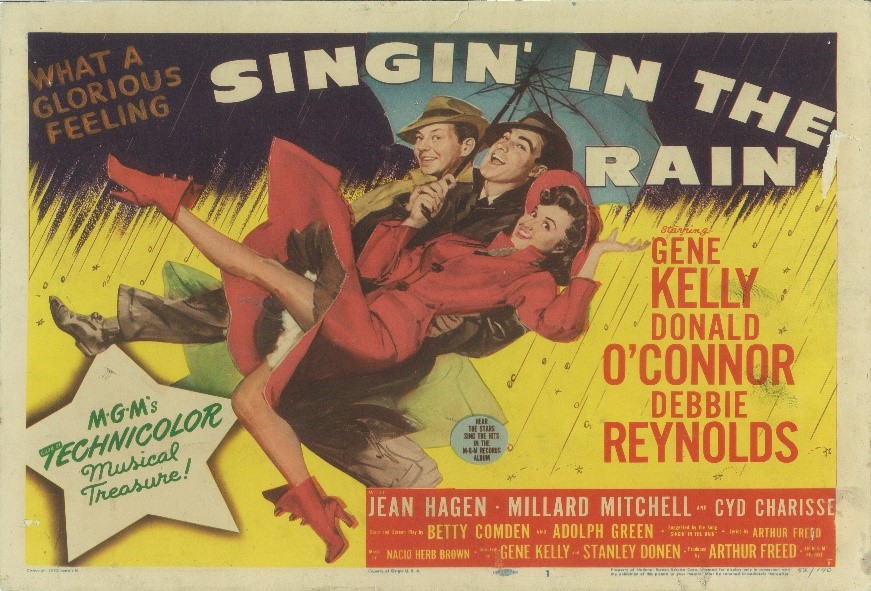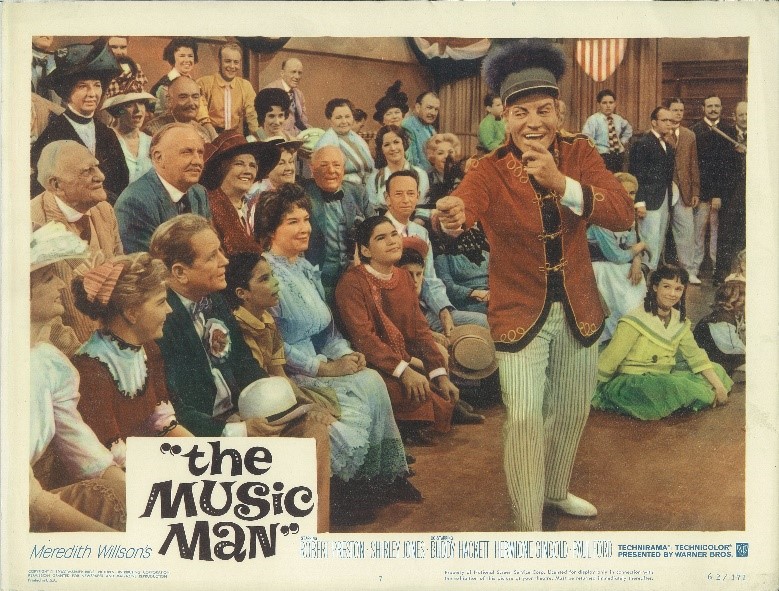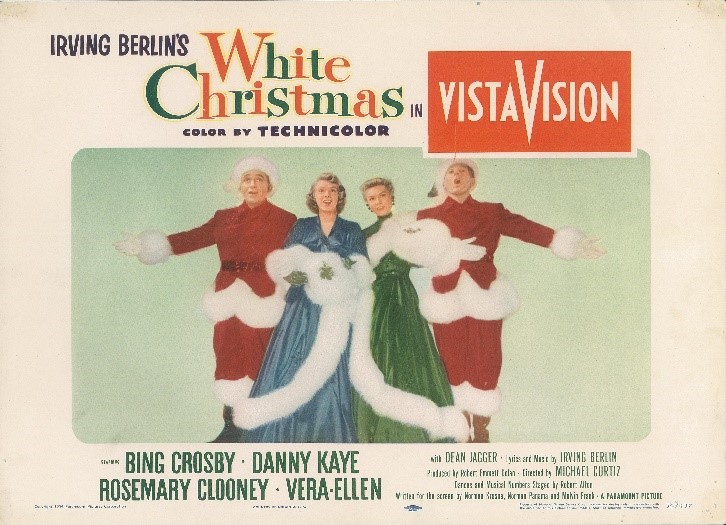“Forget your troubles, and just get happy! Ya better chase all your cares away!” (Harold Arlen and Ted Koehler, 1930)
This month as you read those words and Judy Garland’s voice resonates in your head, take a moment to consider those who have the most significant influence on our happiness – Family.
Welcome to the September - October 2019 Edition -- Happiness through Family Connections Fiddler on the Roof and Meet Me in St Louis.
These films are lovely companions. They illustrate the power of family to give us roots and traditions that not only inform our lives as we grow, but also give us the strength to be individuals and move through a changing world.
When the films open, we see families rooted in traditional roles.
Fathers are patriarchs who earn a living and make the crucial decisions from whom the daughters will marry (Tevye, Fiddler on the Roof ), to when they eat dinner, who answers the telephone, and where they live. (Lon Smith Sr. Meet Me in St Louis)
Mothers (Golde, Fiddler on The Roof and Anna, Meet Me in St. Louis), raise the family, and run the home.
Daughters (Tzietel, Hodel, Chava - Fiddler on the Roof and Rose and Esther - Meet Me in St Louis), come of age and look forward to marriage.
Tradition dictates that Tevye’s daughters rely on the matchmaker to “make me a perfect match.”
However, these women are strong-willed and ahead of their time. By making their own decisions regarding whom to marry (Tzietel gives her pledge to Motel the tailor, Hodel asks only for her father’s blessing to marry Perchik – not his permission, Chava marries Fyedka – a Christian), they pave the way for Esther and Rose to be the aggressors in a relationship. (Esther to Rose: ”I’ve decided to let John Truitt kiss me tonight. If we’re going to get married, one of us has to start it!” Rose to Esther: “If we can create a breathtaking effect, it'll be simple to monopolize all the worthwhile men.”)
A monopoly on worthwhile men, a wish to choose your life partner, a desire to build your life your way, from where do these desires come? In these films, they are embedded in the culture of Anatevka and St. Louis in the early 20th Century. Marriage is the primary goal because women were groomed for no other role. They did not dream of higher education or working outside the home, (the province of men), they dreamed of husbands homes and children. It is their province to build the next generation.
For each of these women, the next generation begins by getting the man they want. For Tevye’s daughters, that means breaking with tradition and making their own “matches.”
For Esther, it means courting. Beginning with flirtation (Esther to John Truitt: “Oh do you live here?”), progressing to friendship (John: “You’ve got a mighty strong grip for a girl!” Esther: “Thanks, Neighbor”), followed by a quick stop at outward aggression. (Esther to John: “What do you mean hitting a five-year-old child? The next time you want to hit somebody, pick on somebody your own size. If there's anything I hate, loathe, despise, and abominate, it's a bully!” John to Esther: “If you're not busy tomorrow night, could you beat me up again?”)
John seals the request with a kiss illustrating that it is to the strong-willed, opinionated Esther that he is most attracted.
For Rose, it means marriage to Warren Sheffield. (“Rose Smith, we can't go on like this any longer. I've positively decided we're going to get married at the earliest opportunity. And I don't want to hear any arguments. That's final. I love you!”)
Those three words, together with a walk down the aisle or ceremony under a canopy, mean the marriage goal is achieved. These strong-minded, goal-oriented women have what they want and can move forward to homes and families.
As the trilogy is completed and the films come to a close, you, and all your clientele can take this opportunity to discuss:
- The similarities and differences in the families of 1900s and the 2000s
- The changing perception of strong and empowered women in the 100 years since the films took place.
- What aspects of your family life and traditions are mirrored in these films?
- The changing roles of women and men as caretakers in the family from the 1900s to the 2000s
- What memories do you have of watching these films with your children and family?
And finally:
Consider that finding happiness through family connections can be a living and lasting legacy for generations.
Thank you for looking in!
To Our Friends and Fans attending the MassCap Convention October 3rd & 4th at The Radisson Hotel & Suites Chelmsford-Lowell:
Although other commitments keep us away from a booth in the exhibit hall this year, look for our promotional materials throughout the exhibit hall all weekend! Then #GrabYourGuide at www.meaningfulmemorymaker.com
Have a Great Gathering #Makingmeaningfulmemories
~~Lori

